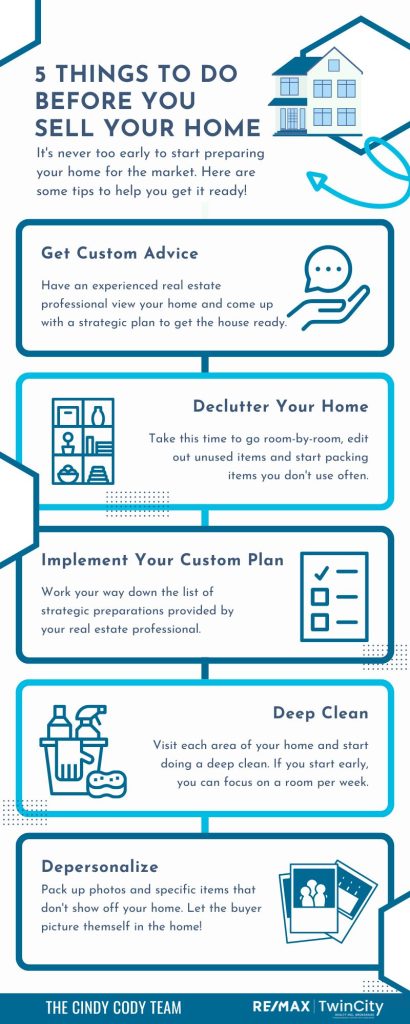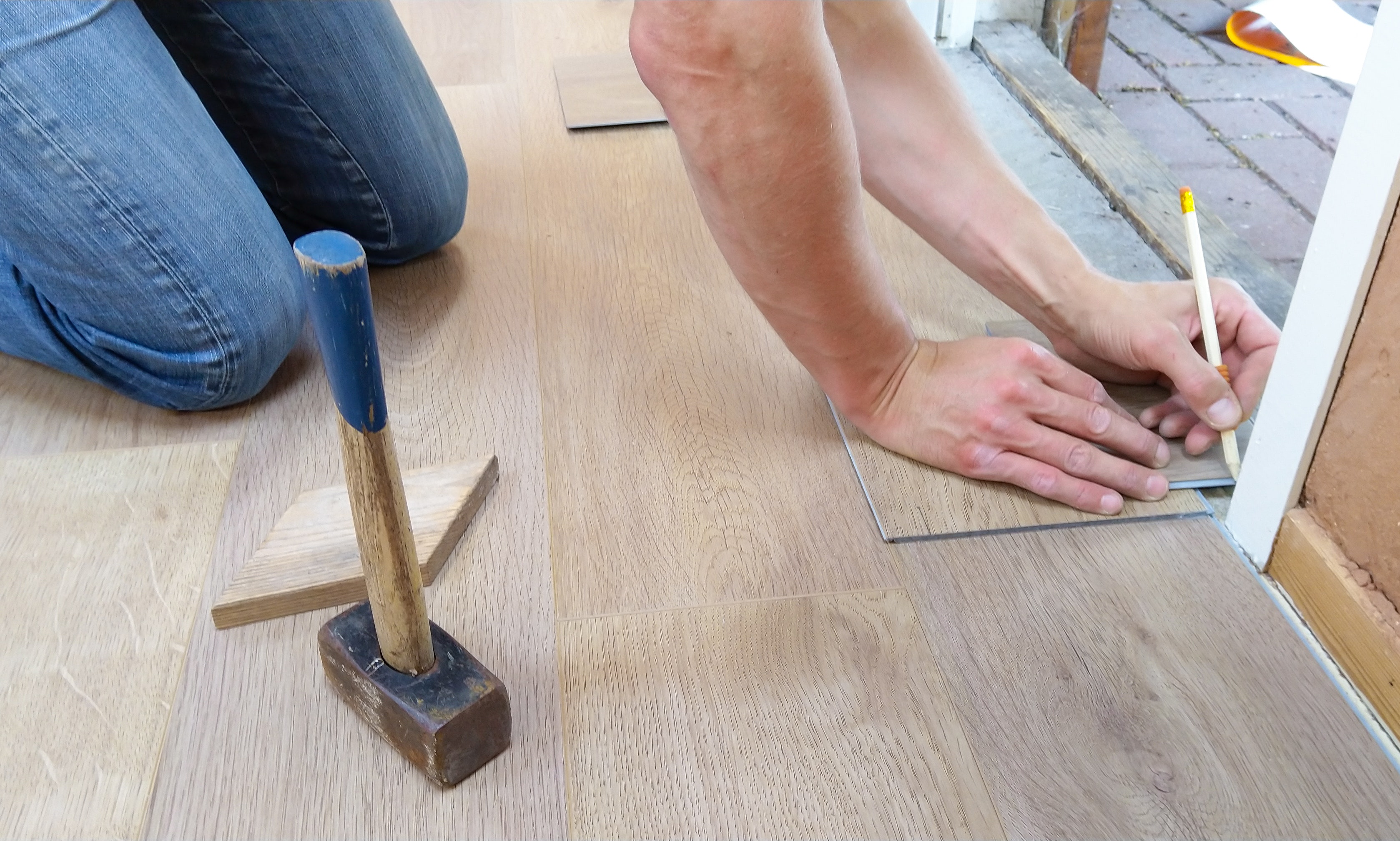As experienced REALTORS® here in the Waterloo Region, we’ve had the privilege of witnessing how our dynamic market continues to evolve. The numbers are in for 2024, and they tell a story of resilience and growth. Annual home sales saw a modest uptick, but what’s truly noteworthy is the strong finish in December, with sales significantly outpacing the five-year average for the month. Whether you’re a buyer, seller, or simply keeping an eye on the market, these trends highlight why our region remains such an exciting place to call home.
Have questions about
- the real estate market?
- preparing your home to sell?
- interest rates?
Contact us today! You can count on us for accurate advice, and with our pulse on the market, we can direct you when to act!
Let’s dive into how the market ended in 2024.
Interest Rates
First, let’s talk about interest rates. A variable that has had a big impact on the market over the last few years.
As 2024 began, the Bank of Canada’s interest rate stood at 5.00%. Over the course of the year, there were five consecutive rate cuts. June, July, and September each saw reductions of 0.25%. Then, on October 23, 2024, the Bank of Canada announced its first 50-basis-point cut since the pandemic, bringing the rate down to 3.75%.
The year concluded with a final announcement on December 11, 2024, introducing the fifth rate cut of the year—another 50-basis-point reduction—bringing the interest rate to 3.25%.
As we head into the 2025 real estate market, these rate cuts will provide relief for homeowners with variable-rate mortgages by reducing monthly payments. They also benefit Canadians renewing their mortgages, those seeking new mortgages, and individuals with home equity lines of credit (HELOCs) or personal lines of credit.
Annual Home Sales in the Waterloo Region for 2024 saw a Slight Increase – December Home Sales a More Significant Boost
Source: wrar.ca
There were 6,777 homes sold through the Multiple Listing Service® (MLS®) System of the Cornerstone Association of REALTORS® (Cornerstone) in 2024, an increase of 2.8 per cent compared to 2023, and a decline of 18.9 per cent compared to the previous 5-year average for annual sales.
On a monthly basis, 334 homes were sold in December, an increase of 14.4 per cent compared to December 2023 and 9.9 per cent below the previous 5-year average for the month.
“Although the number of homes sold in 2024 was still well below long-term averages, the final three months of the year showed a significant increase in sales,” says Christal Moura, a spokesperson for Cornerstone in the Waterloo Region market. “This increase coincided with lower interest rates, which heightened buyer interest and activity in the market.”
Total residential sales in December included 189 detached (up 8.0 per cent from December 2023), and 83 townhouses (up 48.2 per cent). Sales also included 41 condominium units (up 10.8 per cent) and 21 semi-detached homes (down 12.5 per cent).
For 2024, total residential sales included 4,100 detached (up 5.5 per cent), and 1,368 townhouses (up 2.6 per cent). Sales also included 821 condominium units (down 8.8 per cent) and 477 semi-detached homes (up 5.5 per cent).
In December, the average sale price for all residential properties in Waterloo Region was $763,840. This represents a 3.3 per cent increase compared to December 2023 and a 1.4 per cent increase compared to November 2024.
- The average price of a detached home was $898,204. This represents a 6.0 per cent increase from December 2023 and an increase of 4.0 per cent compared to November 2024.
- The average sale price for a townhouse was $630,676. This represents a 1.7 per cent increase from December 2023 and an increase of 2.7 per cent compared to November 2024.
- The average sale price for an apartment-style condominium was $475,006. This represents a 3.7 per cent decrease from December 2023 and an increase of 5.5 per cent compared to November 2024.
- The average sale price for a semi was $644,786. This represents an increase of 5.1 per cent compared to December 2023 and an increase of 0.2 per cent compared to November 2024.
Year-to-date, the average sale price for all residential properties in Waterloo Region decreased 0.3 per cent to $784,343 compared to 2023.
- The year-to-date average price of a detached home was $910,901. This represents a 0.8 per cent decrease compared to 2023.
- The year-to-date average sale price for a townhouse was $638,385. This represents a 2.3 per cent decrease compared to 2023.
- The year-to-date average sale price for an apartment-style condominium was $472,801. This represents a 2.0 per cent decrease compared to 2023.
- The year-to-date average sale price for a semi was $662,859. This represents a decrease of 2.1 per cent compared to 2023.
There were 346 new listings added to the MLS® System in the Waterloo Region last month, an increase 19.7 per cent compared to December of last year and a 1.6 per cent increase compared to the previous ten-year average for December.
In 2024, 13,176 new listings were added to Cornerstone’s MLS® System in the Waterloo Region, an increase of 14.9 per cent compared to 2023, and a 10.8 per cent increase compared to the previous ten-year annual average.
Read more.
Have questions about the market and what it means for you?
We’re here to help and guide you through the market. Don’t hesitate to reach out with any questions you may have.
Contact us today!
sold@cindycody
517-746-5136









































































